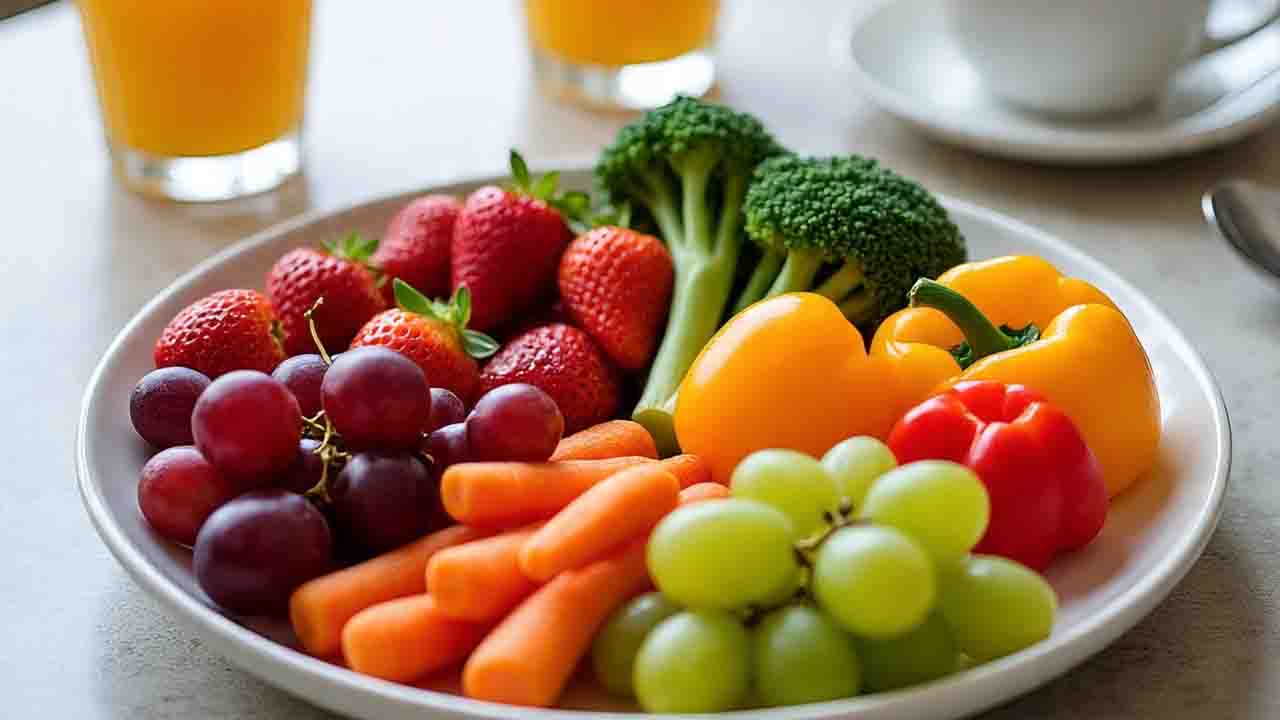
Elmsleep – Eat to Sleep might sound like just another health slogan, but research from Sleep Health shows it’s backed by science. The study revealed that individuals who consume up to five cups of fruits and vegetables daily reported a 16% improvement in sleep quality. Participants noted fewer nighttime awakenings and more consistent deep sleep results that appeared almost immediately after dietary changes. This finding is especially promising for those suffering from restless nights, suggesting that sleep might start not in the bedroom, but in the kitchen.
“Smart Selling Starts Here: Alibaba-Wix Partnership”
The Eat to Sleep principle works by influencing key biological processes. Fruits and vegetables are packed with essential nutrientn like magnesium, potassium. And fiber that help regulate circadian rhythms and reduce inflammation. Additionally, foods rich in antioxidants and natural melatonin (such as tart cherries, bananas, and leafy greens) assist the body in winding down more effectively. When these are consumed consistently, the body is better equipped to maintain uninterrupted rest. The study also suggests that people with higher fruit and veggie intake experience lower rates of sleep-disrupting conditions like acid reflux and indigestion.
Experts believe Eat to Sleep could become a valuable public health message. With sleep deprivation on the rise globally and linked to conditions like anxiety, obesity, and heart disease. This dietary shift offers a low-cost, accessible solution. Nutritionists recommend spreading the intake throughout the day: include fruits in breakfast smoothies, vegetables at lunch, and light veggie-based dinners. As lead researcher Dr. Marisa Cohen puts it. “Small changes in what we eat can create big changes in how we sleep.” For those tossing and turning at night and the answer might be as simple as a salad.
“Charge Anywhere: Anker Unveils Nano Wireless Car Charger”